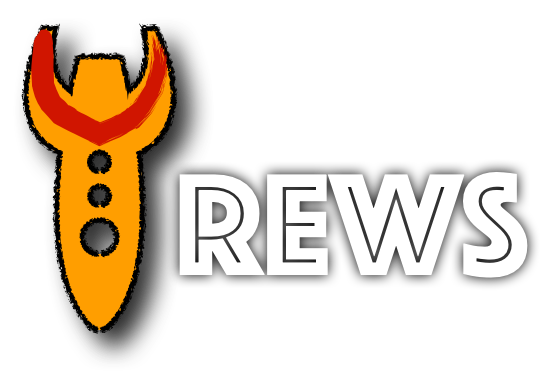When to Use AI and When Not to Use AI: Making Informed Decisions
In recent years, there has been a significant increase in the use of artificial intelligence (AI) across various industries. From healthcare to finance to transportation, AI is being integrated into various systems to automate processes, improve efficiency, and deliver better outcomes. However, despite its many benefits, AI is not always the best solution. There are times when it may be more appropriate to use traditional methods or a different technology altogether. In this blog post, we will explore when to use AI and when not to use AI, to help you make informed decisions.
-e1673704521390-300x298.png)
When to Use AI
Complex Data Analysis:
AI can be used to analyze large amounts of complex data and extract valuable insights. For instance, in healthcare, AI can be used to analyze medical records and help doctors diagnose diseases more accurately. Similarly, in finance, AI can be used to analyze stock market data and make more informed investment decisions.
Predictive Analytics:
AI can be used to predict future outcomes based on historical data. For example, in the insurance industry, AI can be used to predict the likelihood of a customer making a claim based on their past behavior.
Personalization:
AI can be used to personalize content and services for individual users. For instance, in e-commerce, AI can be used to recommend products based on a customer’s browsing history and purchase behavior.
Automation:
AI can be used to automate routine tasks and free up human resources to focus on more complex and creative work. For example, in customer service, AI can be used to answer common queries and resolve issues, freeing up human agents to handle more complex requests.
-e1673704425455-300x300.png)
When Not to Use AI
Lack of Data:
AI requires large amounts of data to work effectively. If there is not enough data available, the AI system may not be able to generate accurate insights or predictions.
Ethical Concerns:
AI systems can perpetuate biases and discrimination if not designed and trained properly. If there are ethical concerns around the use of AI, it may be more appropriate to use traditional methods or a different technology.
High Cost:
Developing and implementing AI systems can be expensive, and the return on investment may not be worth the cost. In such cases, it may be more cost-effective to use traditional methods or a different technology.
Human Expertise Required:
AI systems may not be able to replace human expertise in certain fields. For example, in creative industries such as music and art, human creativity and intuition may be necessary.
AI can be a powerful tool when used appropriately. However, it is important to consider the specific context and determine whether AI is the best solution. By understanding when to use AI and when not to use AI, you can make informed decisions that deliver the best outcomes for your business or organization.
Dr. Pawan Whig
Mentor Threws
#AI #artificialintelligence #datascience #automation #personalization #predictiveanalytics #ethicalAI #costeffectiveness #complexdataanalysis #machinelearning #bigdata #innovation #digitaltransformation #technology #businessstrategy

